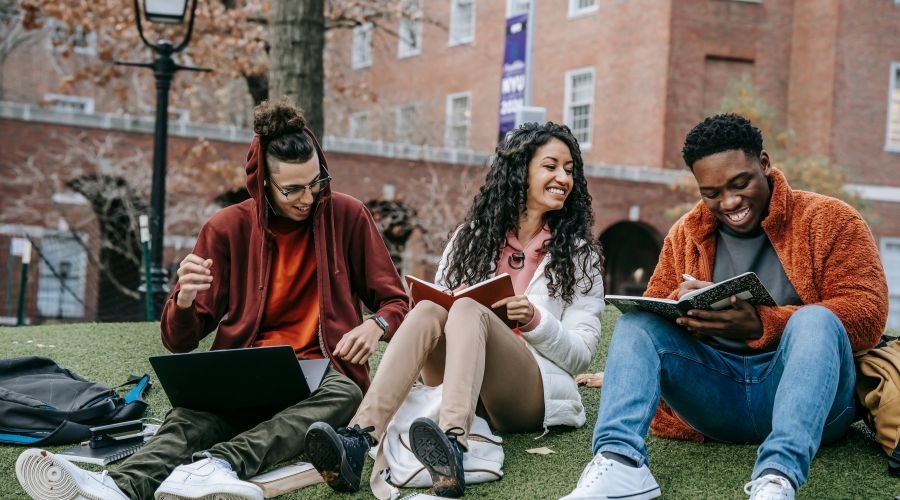Navigating the student visa system in Australia is a crucial step for any international student aspiring to study in this vibrant country. The Student Visa (Subclass 500) enables you to pursue your education while providing opportunities to gain valuable work experience. Understanding the work rights and opportunities available to international students is essential for maximizing your time in Australia.
Key Takeaway: Knowing your work rights and exploring available job opportunities can significantly enhance your study experience in Australia.
In this guide, you will learn:
-
The essentials of the Subclass 500 visa, including application steps and eligibility criteria.
-
Work limitations and opportunities available to student visa holders.
-
Specific regulations for graduate researchers and dependants.
-
Benefits of part-time jobs, internships, and volunteering.
-
Resources and tips for finding job opportunities as an international student.
-
An overview of workplace rights, pay rates, and post-study work options.
For more insights on settling into life as an international student in Sydney, explore our essential renting tips which can help you navigate the market and understand laws while finding ideal accommodation. Additionally, our guide to safe student housing provides comprehensive tips and resources for ensuring personal safety while securing housing in Sydney.
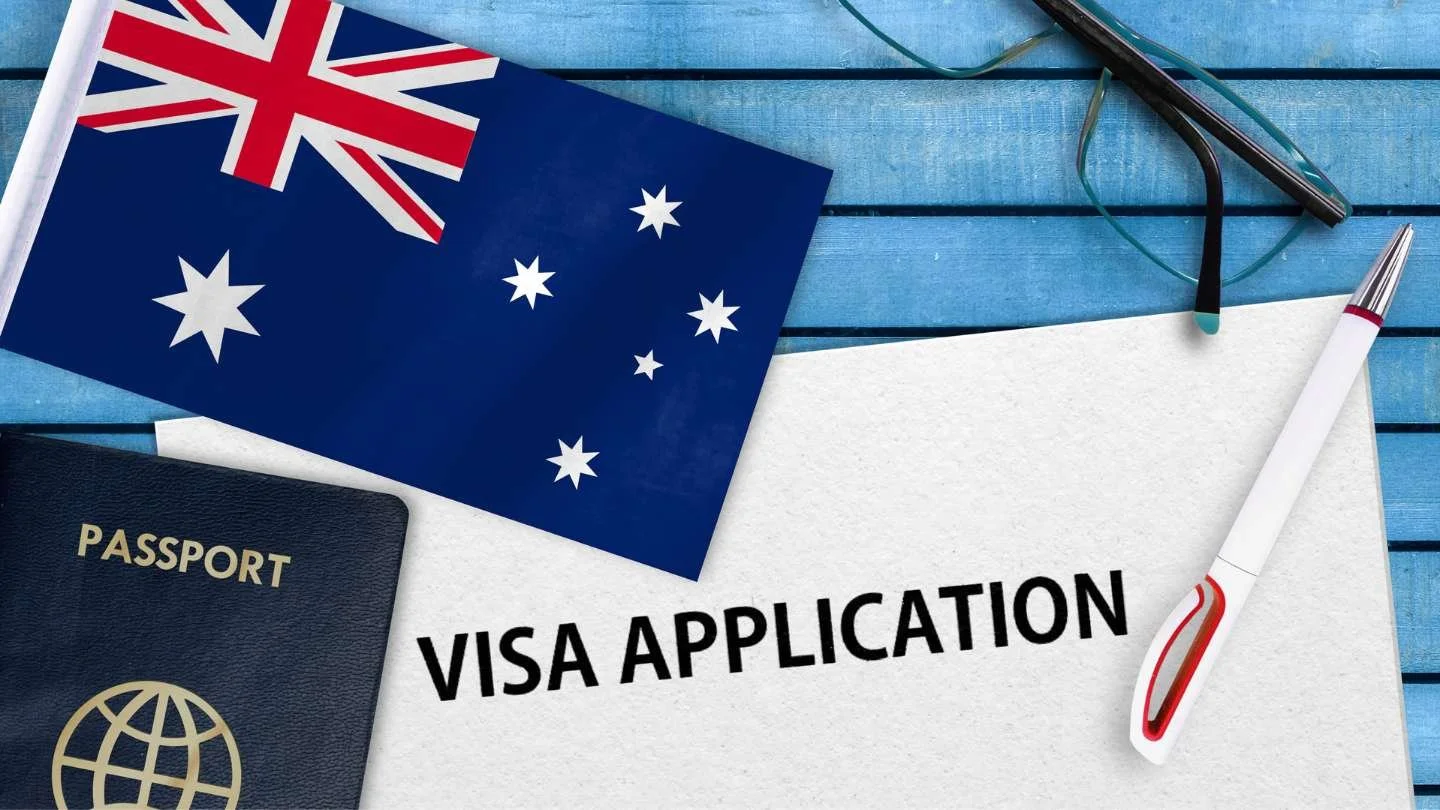
Understanding the Australian International Student Visa (Subclass 500)
Definition and Purpose of Subclass 500 Visa
The Subclass 500 visa allows international students to live, study, and work in Australia for the duration of their course. This visa is designed to facilitate educational opportunities while enabling students to engage in part-time employment. By holding this visa, you can pursue full-time education at a recognized institution and gain valuable work experience.
Step-by-Step Guide on How to Apply Through ImmiAccount
Applying for a Subclass 500 visa involves several steps. Here’s a simplified guide to help you navigate the process smoothly:
-
Create an ImmiAccount
-
Visit the ImmiAccount portal and register for an account. This platform allows you to manage your visa application online.
-
Gather Required Documents
-
Ensure you have all necessary documents, including your Confirmation of Enrolment (CoE), passport, English proficiency test results, health insurance (Overseas Student Health Cover), and financial statements.
-
Complete the Online Application
-
Log into your ImmiAccount and fill out the Subclass 500 application form. Provide accurate information to avoid delays.
-
Pay the Application Fee
-
Submit the required fee through the payment options available on ImmiAccount.
-
Submit Biometrics and Health Examinations
-
Depending on your nationality, you may need to provide biometric information and undergo health examinations.
-
Await Decision
-
Monitor your email and ImmiAccount for updates regarding your application status.
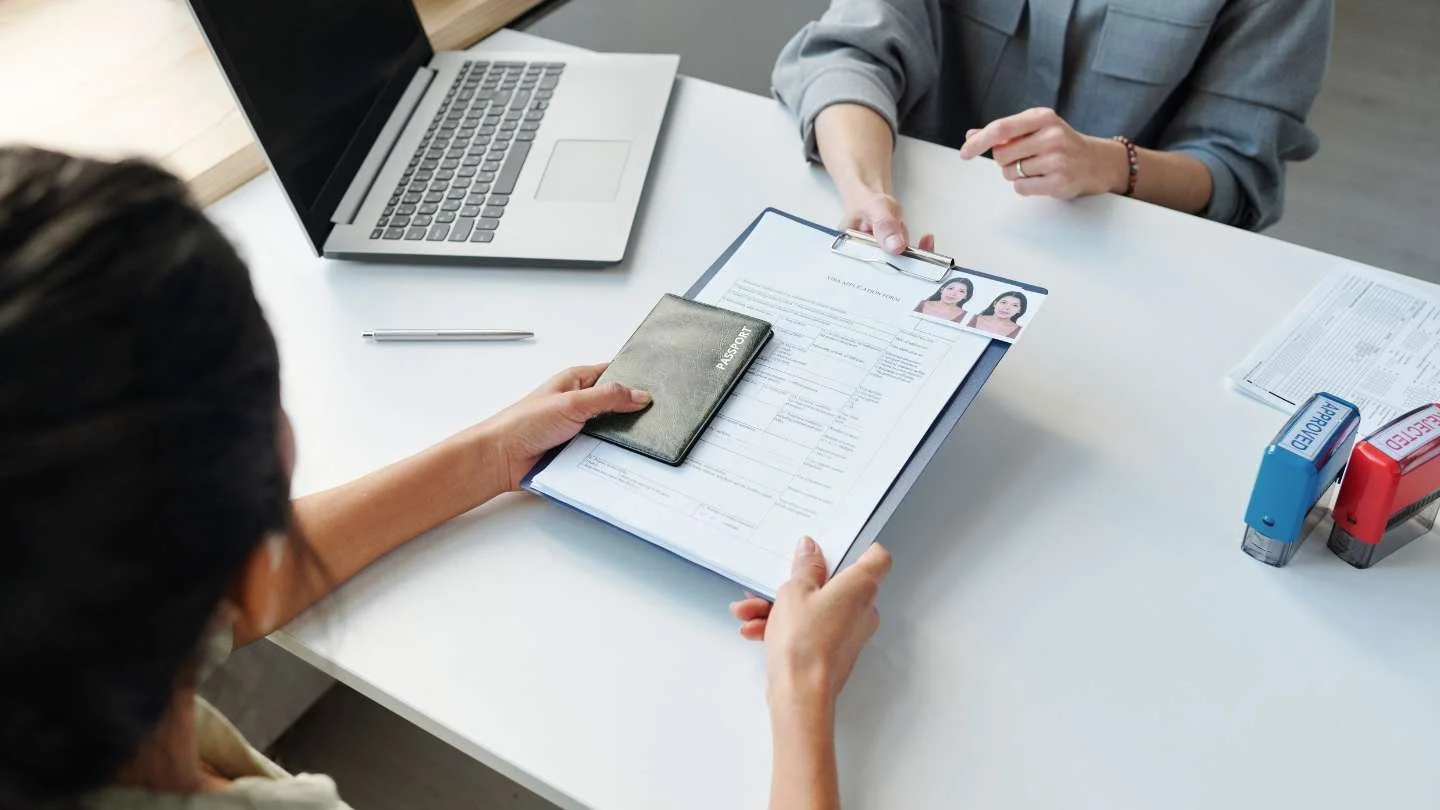
Tips for a Smooth Application Process
-
Double-Check Documents: Ensure all documents are complete and correctly formatted.
-
Timely Submission: Start your application well in advance of your course commencement date.
-
Accurate Information: Avoid discrepancies by providing precise details in your application.
Key Eligibility Criteria for International Students Applying for Subclass 500 Visa
Before applying, ensure you meet these key eligibility criteria:
-
Enrollment in a Full-Time Course: You must have a Confirmation of Enrolment (CoE) from an Australian educational institution.
-
English Proficiency: Achieve the required score in an approved English language test unless exempted.
-
Sufficient Funds: Demonstrate the financial capacity to cover tuition fees, living expenses, travel costs, and health insurance.
-
Genuine Temporary Entrant (GTE) Requirement: Show that you intend to stay in Australia temporarily for study purposes.
-
Health Insurance: Maintain adequate health insurance coverage throughout your stay.
Understanding these aspects of the Subclass 500 visa can help streamline your journey as you plan to study in Australia. For insights into where students prefer to live in Sydney, which could greatly assist in planning your accommodation during your studies, check out this comprehensive guide detailing top student neighborhoods in Sydney.
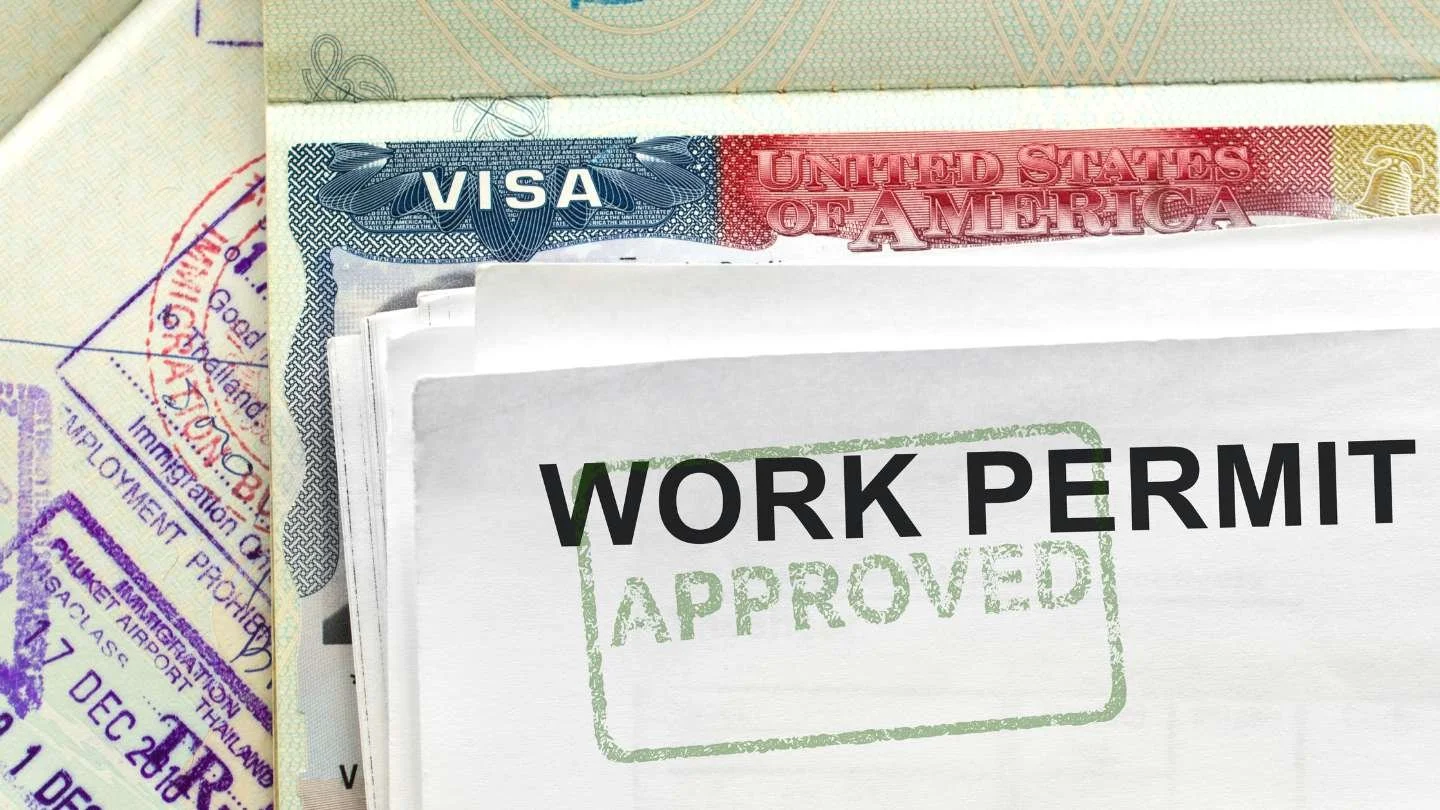
Work Rights for Student Visa Holders
Working While Studying in Australia: What You Need to Know
Understanding the work rights for student visa holders is crucial when planning your study experience in Australia. The Australian student visa (subclass 500) allows international students to work under specific conditions designed to balance education with employment.
Limitations on Working Hours During Study Periods
International students are permitted to work up to 48 hours per fortnight while their course is in session. This limitation, which may be re-introduced, ensures that students can focus primarily on their studies while still gaining valuable work experience.
Example: If you take up a part-time job at a local café, you can work up to 24 hours one week and 24 hours the next, making a total of 48 hours over two weeks. It’s essential to plan your schedule accordingly to avoid exceeding this limit.
Unlimited Hours Allowed During Study Breaks
During scheduled course breaks, such as summer or winter holidays, student visa holders can work unlimited hours. This flexibility provides an excellent opportunity to earn extra income or gain more extensive work experience without the constraints of hourly limits. However, it’s important to note that studying and working unlimited during a holiday simultaneously may not be feasible as it could interfere with your academic commitments.
Example: If your university has a month-long holiday break, you can take on full-time employment during this period, working as many hours as you wish.
Understanding these key points about working while studying in Australia will help you make the most out of your time both academically and professionally. Balancing study commitments with work opportunities requires careful planning but offers substantial benefits.
Graduate Researchers and Their Work Rights in Australia
Graduate researchers, enrolled in Master’s or Doctorate programs, enjoy distinct work rights under the student visa system in Australia. These rights differ significantly from those of coursework students, providing more flexibility and opportunities.
Key Points for Graduate Researchers:
-
Unlimited Working Hours: Unlike coursework students, graduate researchers can work unlimited hours regardless of whether their course is in session or during scheduled study breaks. This flexibility allows them to engage deeply with practical experiences and research opportunities.
-
Student Visa Conditions (8104 and 8105): These conditions regulate the work rights of international student visa holders. For graduate researchers, these conditions ensure that while they have more freedom in terms of working hours, they must still adhere to all other visa requirements to maintain compliance.
-
Importance of Adherence: Even with the relaxed work hour limits, it’s crucial for graduate researchers to adhere to other visa conditions and maintain their primary focus on their academic progress. Non-compliance could jeopardize visa status.
The ability to work unlimited hours provides a significant advantage for those pursuing advanced degrees, enabling them to gain valuable industry experience and support themselves financially without the constraints faced by coursework students.
By understanding these specific work rights and ensuring compliance with all visa conditions, graduate researchers can maximize their academic and professional development opportunities while studying in Australia.
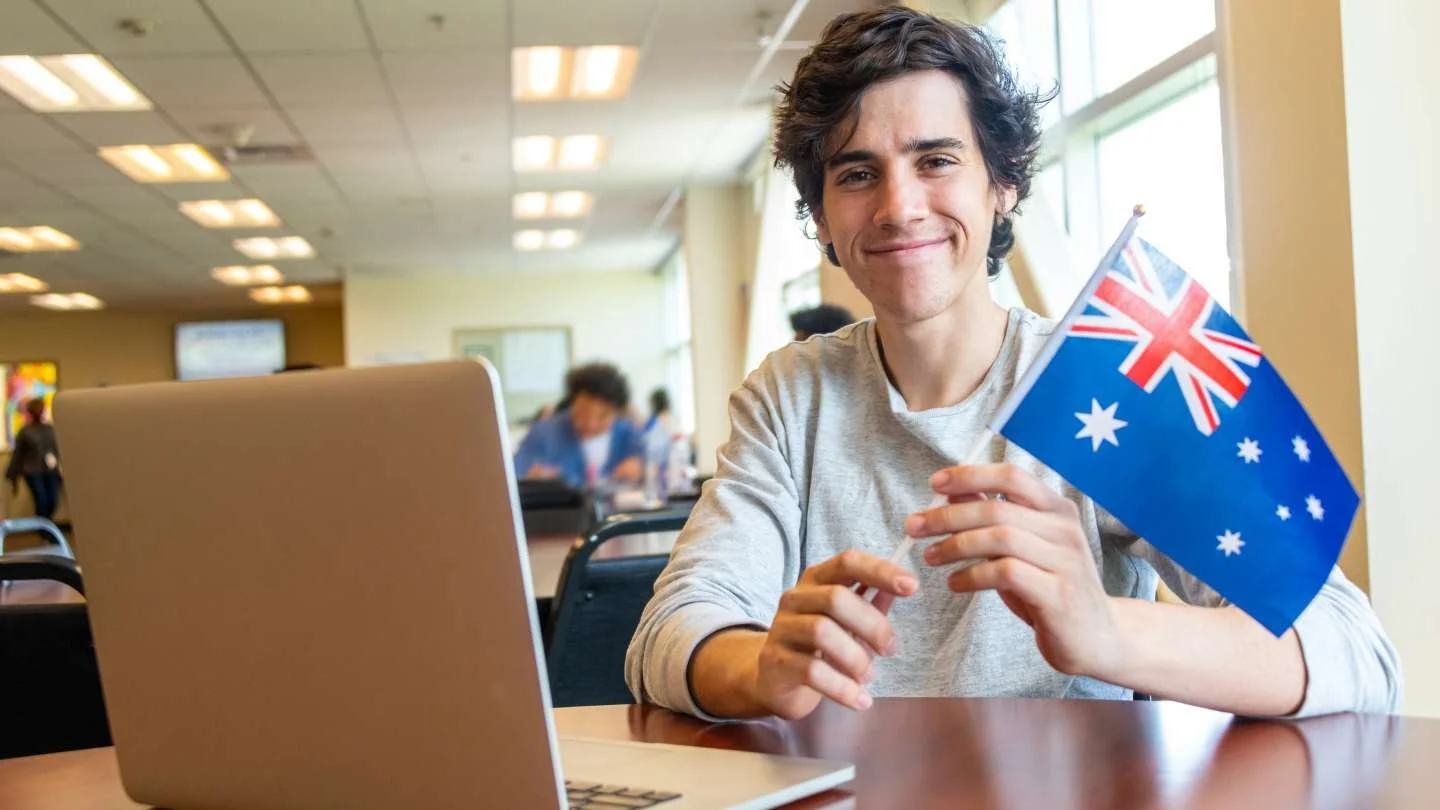
Dependants of Student Visa Holders: Work Limitations and Opportunities
Dependants of student visa holders in Australia have specific work rights that vary depending on the enrolled course of the primary visa holder. For those accompanying students enrolled in Master’s or Doctorate programs, dependants are granted unlimited work hours. This provision enables families to better support themselves financially while residing in Australia.
Dependants of students enrolled in other courses, such as undergraduate or vocational studies, are subject to different rules. They are limited to working 48 hours per fortnight, similar to the primary visa holder’s restrictions during study periods. These limitations ensure that dependants can contribute economically without overextending their stay’s primary purpose—supporting the student.
Implications for Families Moving to Australia
Families moving with student visa holders face unique challenges and opportunities:
-
Financial Stability: Unlimited work rights for dependants of Master’s or Doctorate students can significantly ease financial pressures.
-
Work-Life Balance: Dependants need to balance their employment with family responsibilities and support for the student.
-
Integration into Local Community: Through employment, dependants can engage more deeply with Australian society, enhancing their overall experience.
Understanding these work limitations and opportunities is crucial for planning a successful family move to Australia.
Gaining Practical Experience Through Work and Volunteering While Studying in Australia
Engaging in part-time jobs, internships, and volunteering provides international students with invaluable practical experience. This exposure not only enhances your resume but also allows you to develop essential skills and cultural understanding.
Benefits of Part-Time Jobs
-
Skill Development: Working part-time can help you develop transferable skills such as time management, teamwork, and customer service.
-
Financial Support: Earning while learning can ease financial pressures, making your stay in Australia more comfortable.
-
Networking Opportunities: Part-time roles often provide networking opportunities that could lead to full-time positions post-graduation.
Internships
Internships offer a structured environment for gaining work experience directly related to your field of study.
-
Professional Experience: Internships allow you to apply theoretical knowledge in real-world settings.
-
Industry Insights: Gain insights into industry practices and trends, making you more competitive in the job market.
-
Requirements: Some programs may require prior approval from your educational institution or adherence to specific regulations. Always check these requirements beforehand.
Volunteering
Volunteering is another excellent way to gain experience without affecting your permissible work hours under the student visa conditions.
-
Community Engagement: Volunteering helps you connect with the local community, enhancing your cultural experience.
-
Skill Enhancement: Even unpaid, volunteer roles can help you develop new skills and demonstrate a commitment to social causes.
-
Genuine Voluntary Work: Ensure that the volunteering role is genuinely unpaid and does not replace paid employment positions.
Embrace these opportunities to make the most out of your time studying in Australia.

Finding Job Opportunities as an International Student in Australia
Types of Job Opportunities Available
International students in Australia can explore a variety of part-time job options to complement their studies and gain practical experience. Common part-time positions include:
-
Retail: Sales assistant roles in stores or supermarkets.
-
Hospitality: Waitstaff, baristas, or kitchen hands in cafes and restaurants.
-
Tutoring: Offering tutoring services for subjects you excel in.
-
Administrative Work: Office assistant roles within or outside the university.
-
Customer Service: Roles in call centers or reception desks.
Where to Look for Jobs
Finding suitable employment can be streamlined by utilizing several resources and platforms:
-
Online Job Portals: Websites like Seek, Indeed, and Jora list numerous part-time job opportunities.
-
University Career Services: Most universities have dedicated career services that offer personalized job search assistance, resume workshops, and interview preparation.
-
Job Fairs: Universities often host job fairs where students can meet potential employers and learn about available positions.
-
Networking Events: Attending industry-specific networking events can provide valuable connections and job leads.
University Resources for Employment
Universities are proactive in supporting international students to balance work and study effectively:
-
Career Services Offices:
-
Offer one-on-one counseling sessions to help refine your job search strategy.
-
Provide access to exclusive job listings tailored for students.
-
Job Fairs and Workshops:
-
Regularly scheduled events where employers present open positions and internship opportunities.
-
Workshops on resume writing, interview skills, and professional networking.
-
Student Associations and Clubs:
-
Many student associations collaborate with local businesses to provide job opportunities for members.
-
Joining these groups can also enhance your social network, leading to potential job referrals.
Understanding where to find part-time work and leveraging university resources can significantly enhance your study experience, providing both financial support and valuable work experience.

Understanding Workplace Rights, Pay Rates, and Post-Study Work Opportunities in Australia
Workplace Rights for International Students
International students in Australia enjoy the same workplace rights as any other employee. The Fair Work Ombudsman plays a crucial role in ensuring that these rights are upheld. This government body provides guidance on fair pay, workplace conditions, and protections against unfair treatment. Key workplace rights include:
-
Fair Pay: Students must be paid at least the minimum wage applicable to their industry.
-
Safe Working Conditions: Employers are responsible for providing a safe work environment.
-
Protection Against Exploitation: Students have the right to report any form of exploitation or unfair treatment without fear of retaliation.
It’s essential to seek information on workplace rights from reliable sources like the Fair Work Ombudsman to ensure you are well-informed and protected.
Post-Study Work Visas
After graduation, international students may apply for post-study work visas. These visas provide an opportunity to gain practical experience in Australia, enhancing career prospects. Eligibility criteria for post-study work visas typically include:
-
Completing a Bachelor’s Degree or Higher: Only graduates from recognized Australian institutions qualify.
-
Meeting English Language Requirements: Proficiency in English is often mandatory.
-
Health and Character Checks: Applicants must pass health examinations and character assessments.
Benefits of obtaining a post-study work visa encompass unlimited work hours and the ability to gain valuable industry experience in Australia. This experience can significantly boost your employability both within Australia and globally.
Understanding these aspects ensures that you are well-prepared to navigate workplace dynamics during your studies and make informed decisions about your career post-graduation.
Conclusion: Navigating Your Journey as an International Student in Australia
Using both educational and work experiences while studying in Australia can significantly enhance your academic journey. By understanding and following student visa rules, you can explore many work opportunities that not only supplement your income but also provide valuable practical experience.
Embrace the challenges and rewards that come with being an international student in this diverse country. The combination of rigorous academics and real-world jobs will equip you with skills and insights essential for your future career. Getting involved in both areas promotes overall growth, preparing you for global opportunities.
Key Points to Remember:
-
Educational Benefits: Focus on your studies to make the most of Australia’s world-class education system.
-
Work Opportunities: Utilize part-time jobs, internships, and volunteering to gain practical experience and integrate into the local culture.
-
Balance: Maintain a balance between work and study to ensure academic success and personal well-being.
Starting this journey requires flexibility and determination, but the benefits are many. With careful planning and active involvement, your time in Australia can be both rewarding and life-changing.

FAQs (Frequently Asked Questions)
What is the purpose of the Australian International Student Visa (Subclass 500)?
The Subclass 500 visa allows international students to study full-time in Australia at an accredited institution. It provides a pathway for students to pursue their educational goals while also granting them certain work rights during their studies.
What are the work rights for student visa holders in Australia?
Student visa holders can work up to 48 hours per fortnight during study periods and are allowed to work unlimited hours during scheduled course breaks. It is essential for students to adhere to these limitations to maintain compliance with their visa conditions.
Can dependants of student visa holders work in Australia?
Yes, dependants accompanying student visa holders may have specific work rights. Those accompanying students enrolled in Master’s or Doctorate programs often have fewer restrictions compared to those accompanying students in other courses. It’s important to check the specific conditions of each visa.
How can international students find job opportunities while studying in Australia?
International students can explore part-time job opportunities through various platforms, including university career services, job fairs, and online job boards. Universities often provide resources and support to help students balance their studies with work.
What should international students know about workplace rights in Australia?
International students should be aware of their workplace rights, which include fair pay and safe working conditions. The Fair Work Ombudsman plays a crucial role in ensuring that workers, including international students, are treated fairly under Australian law.
What are the benefits of gaining practical experience through work or volunteering while studying?
Engaging in part-time jobs, internships, or volunteering provides valuable practical experience that enhances employability after graduation. It helps students develop skills, build networks, and gain insights into the Australian workplace culture while contributing positively to their communities.




